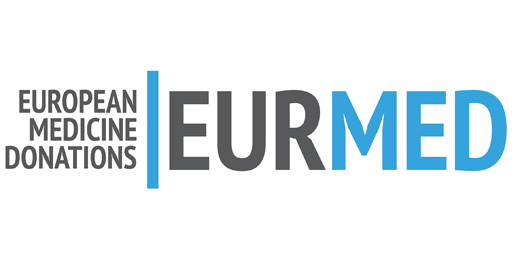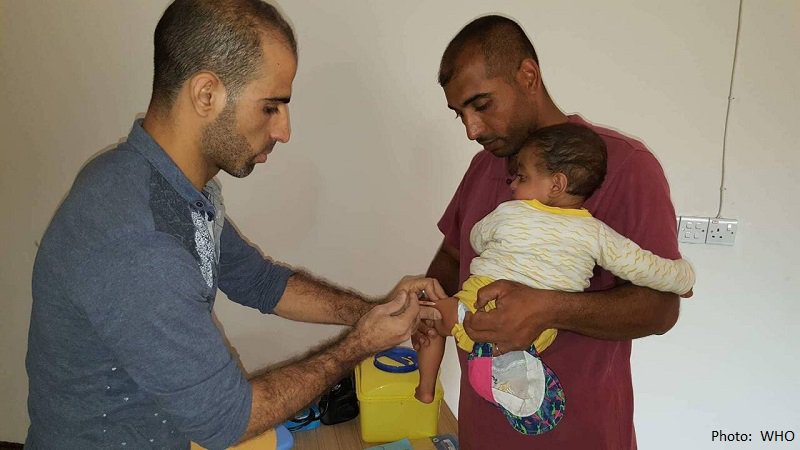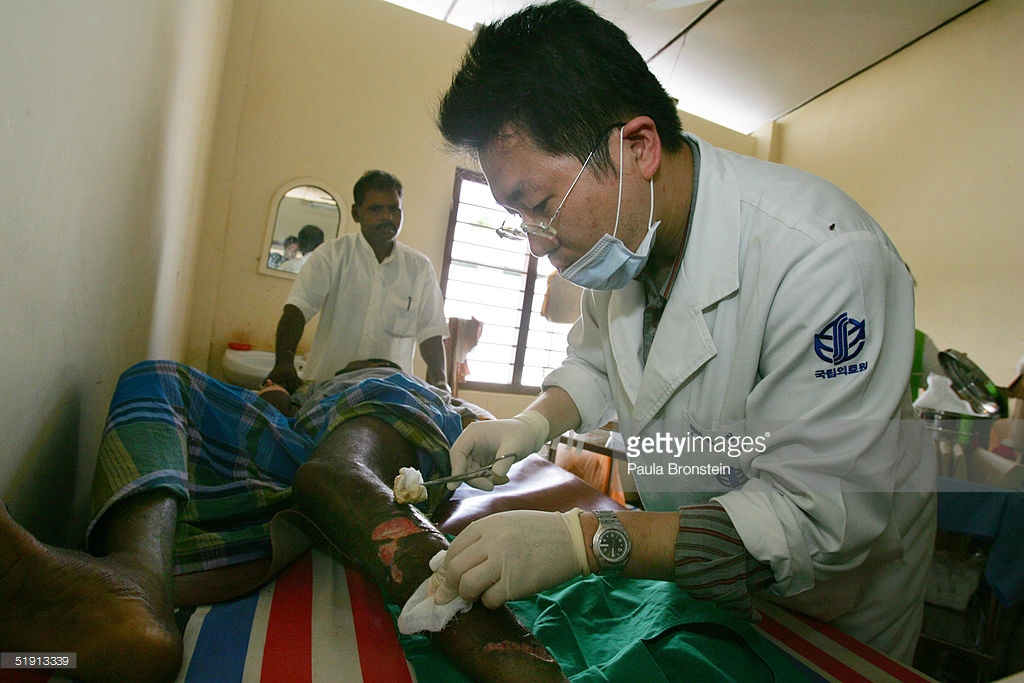The European Commission for Humanitarian Aid (ECHO) has provided an additional € 4.5 million to the World Health Organization (WHO) to maintain health security and resilience for Internally Displaced Persons (IDPs), returnees and host communities in conflict-affected governorates of Iraq.
This comes on top of the €29.2 million already contributed by the commission since 2015.
This renewed support will be used to sustain health services more than 500 000 vulnerable people in hard to reach and newly accessible areas of Ninewa and Anbar for the coming 12 months and to ensure vigilance for diseases with a potential of causing outbreaks.
The funds will also support to provide necessary essential medicines and medical supplies as well as facilitate referral services for returnees who have limited access to primary healthcare, secondary rehabilitative and referral health services.
ECHO Head of Office in Iraq, Simon Mansfield said:
“ECHO is keen to continue this support of the provision of medical humanitarian assistance in Iraq. Access to essential medical services for displaced populations and assistance for victims of war injuries remain ECHO’s priorities in country. In 2018, ECHO maintains this strategic partnership with WHO”.
WHO’s Representative in Iraq, Altaf Musani said:
“We welcome this additional contribution from our long term partner, ECHO. This contribution will support WHO and health partners to ensure uninterrupted access to essential and rehabilitative health care services for at least 500,000 IDPs, returnees and vulnerable host communities in the country’s most conflict-affected governorates”.
This partnership between ECHO and WHO represents a strong commitment in improving the health of the people of Iraq.
(Source: WHO)



